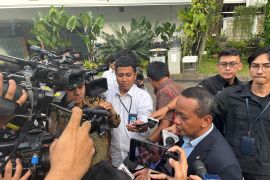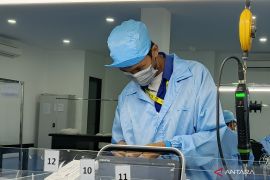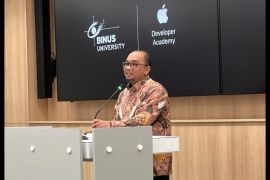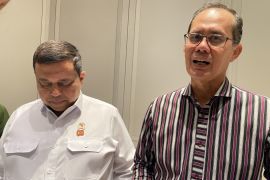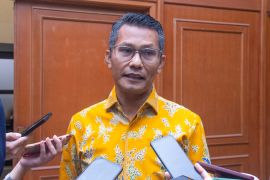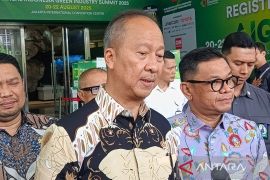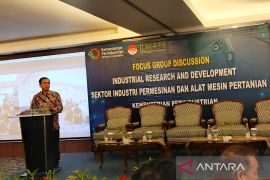The program is a form of collaboration between the ministry's Industrial Human Resource Development Agency (BPSDMI) and the Association for Overseas Technical Cooperation and Sustainable Partnerships (AOTS) that was developed with Lexer Research and Fuso Machine Works to organize and simulate production and manufacturing processes.
"Automotive industry is one of the priority sectors of the Making Indonesia 4.0 program. Therefore, automotive industry companies that are carrying out technology transformation to Industry 4.0 need Industrial HR, who are able to adapt to the latest technology to strengthen the national automotive industry," Head of the ministry's BPSDMI Masrokhan noted in a statement here Friday.
The continuation of the implementation of LeMMI 4.0 was also introduced at Jakarta STMI Polytechnic, a vocational education unit under the ministry's auspices that has study programs related to the automotive industry.
Students were invited to study the importance of the role of LeMMI 4.0 and get motivated to be more enthusiastic in preparing themselves to face the challenges of the automotive industry in the Industry 4.0 era.
"This collaboration is a good example of the Jakarta STMI Polytechnic in an effort to bring the vocational education world closer to the real needs of the industry, especially in the automotive sector, by involving all relevant parties, including from the Japanese government," Masrokhan remarked.
Several technological focuses in the LeMMI 4.0 vision are artificial intelligence, Internet of Things (IoT), augmented reality, virtual reality, advanced robotics, and 3D printing.
Director of the Asia and Pacific Division of METI Fukuchi Mami commended the collaboration that had been established.
"I hope that the Japanese and Indonesian public and private sectors will work together to bring growth to Japanese and Indonesian companies as they transition to advanced manufacturing leveraging digital technologies," he affirmed.
The automotive industry is prioritized for development in accordance with the Making Indonesia 4.0 road map, as it is considered capable of making a major contribution to the national economy.
In the second quarter of 2023, the automotive industry grew by 9.66 percent, higher than the performance of the non-oil and gas processing industry that clocked a growth of 4.56 percent (yoy).
The automotive industry has also absorbed a direct workforce of 38 thousand people as well as more than 1.5 million people, who work along the automotive supply chain from tier-1 to tier-3.
Related news: Minister highlights automotive industry as backbone of economic growth
Related news: Indonesia emerges as key player in ASEAN's automotive market: Minister
Translator: Ade Irma Junida, Cindy Frishanti Octavia
Editor: Rahmad Nasution
Copyright © ANTARA 2023

